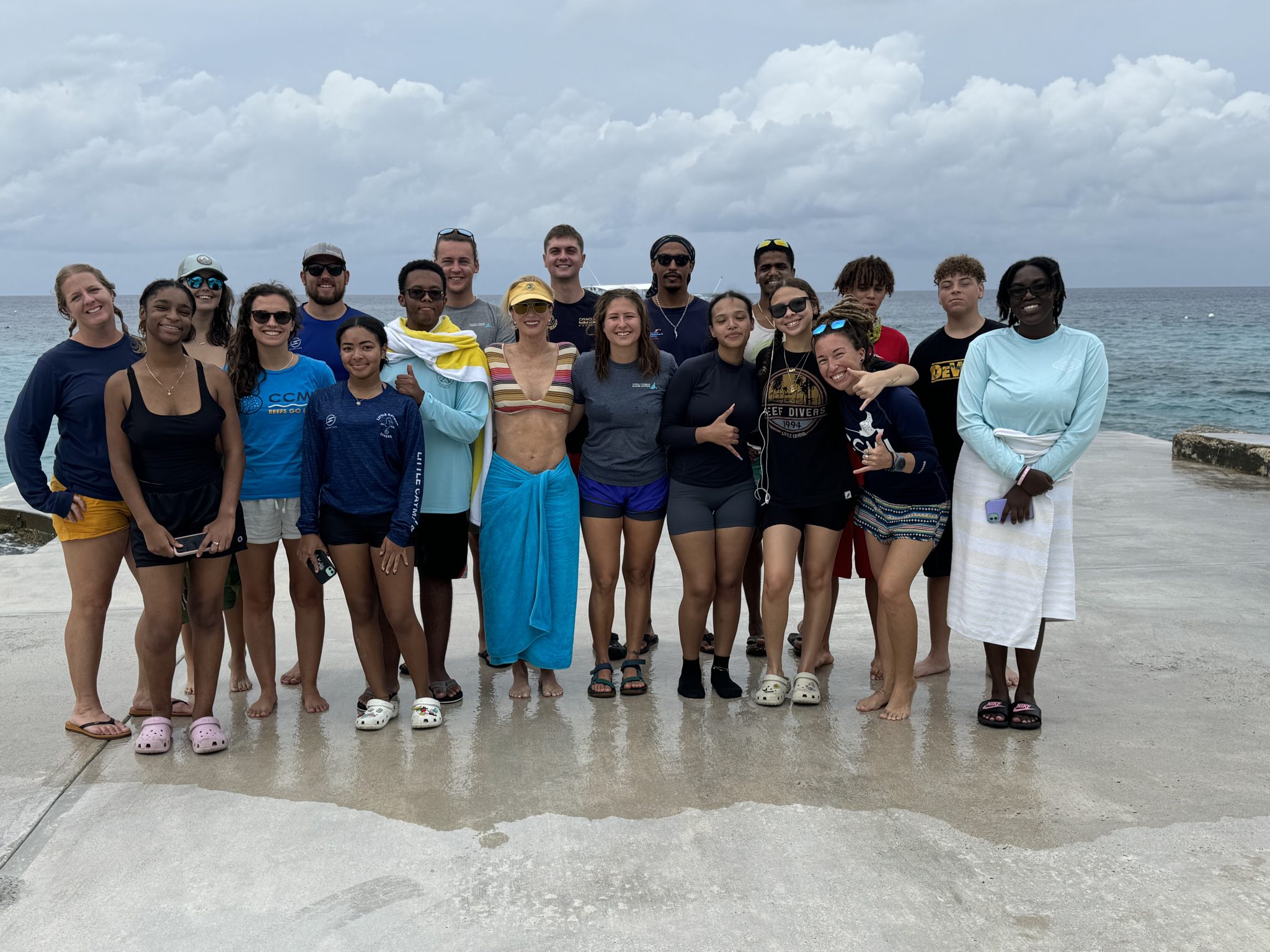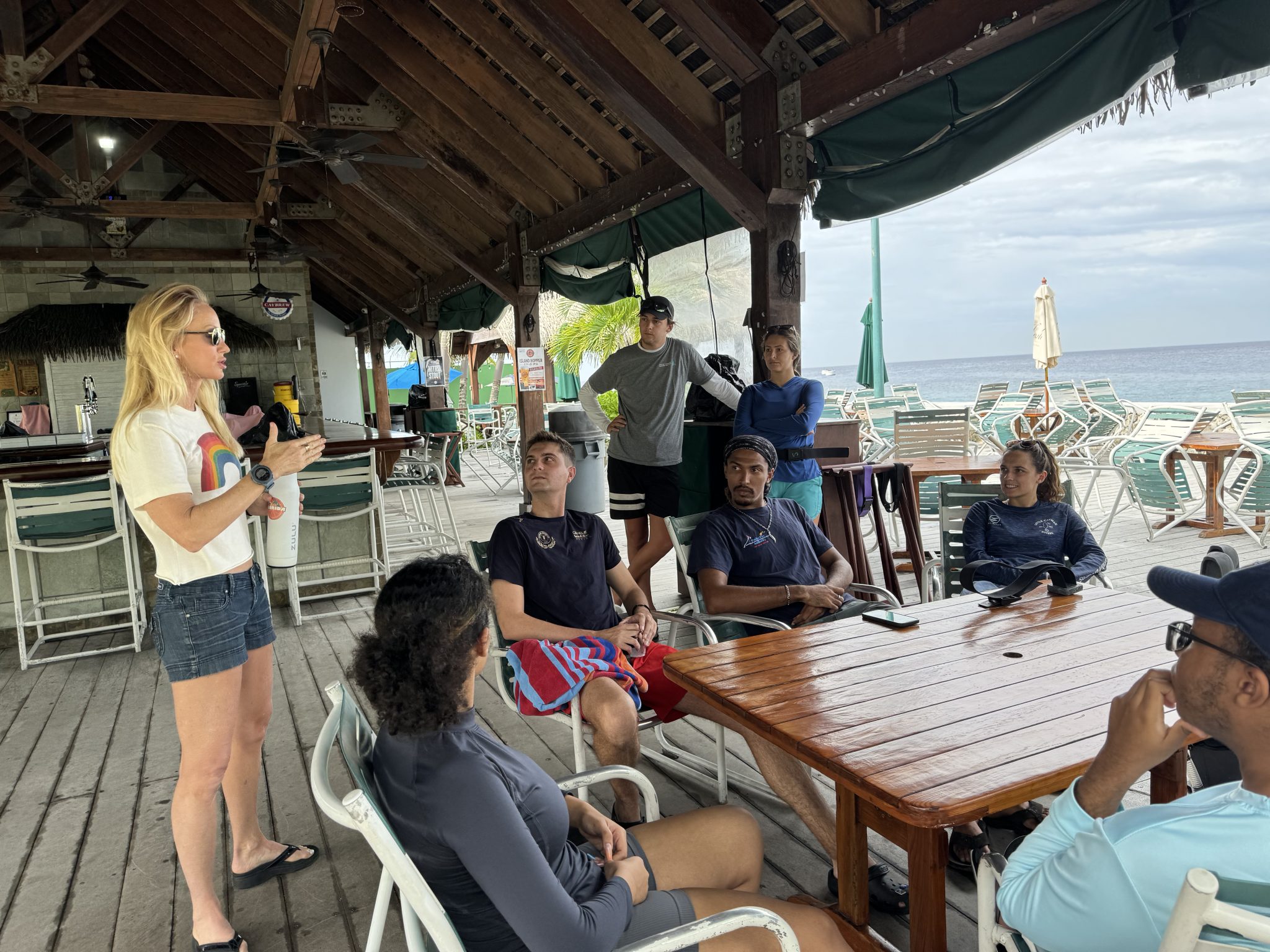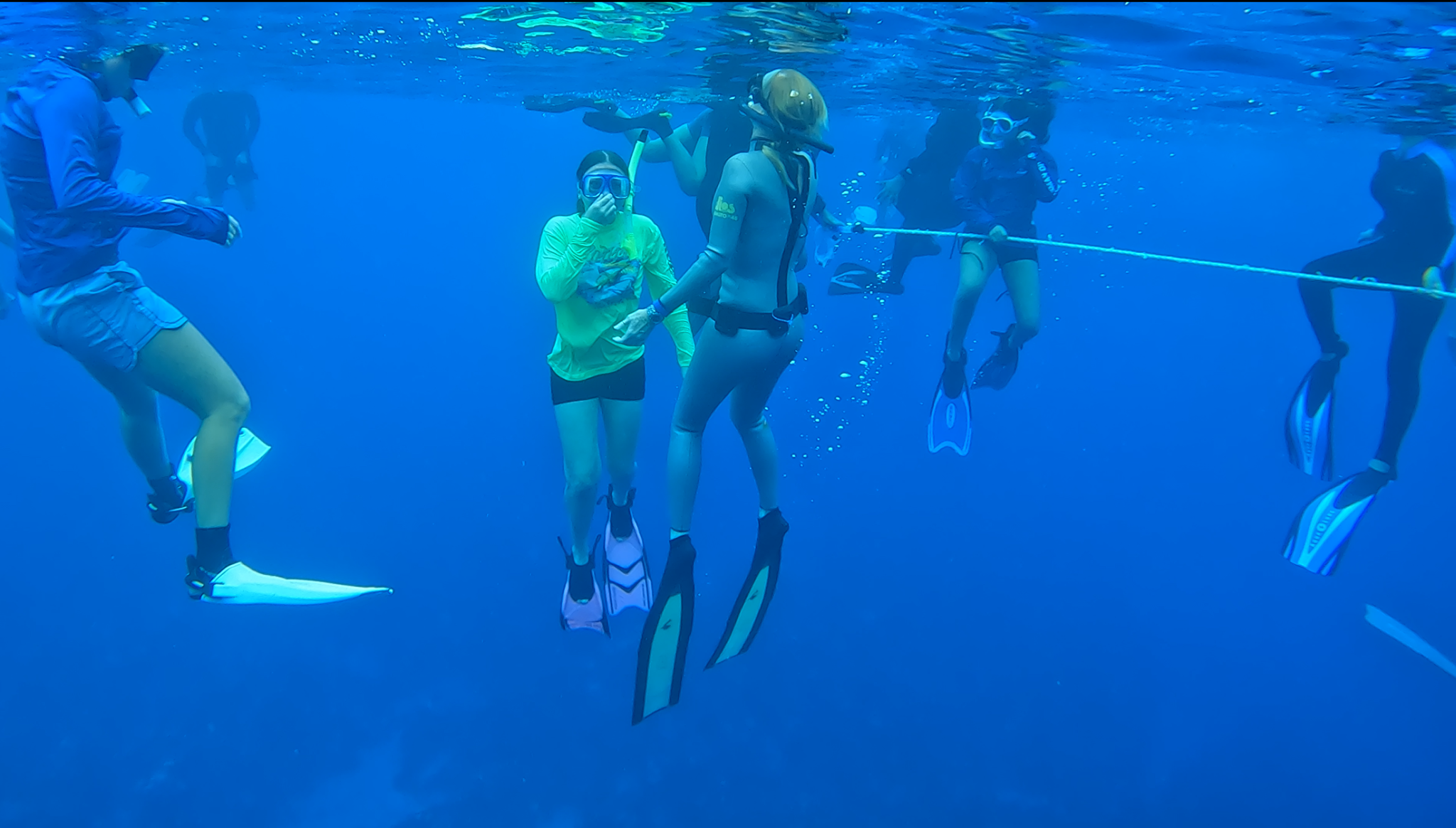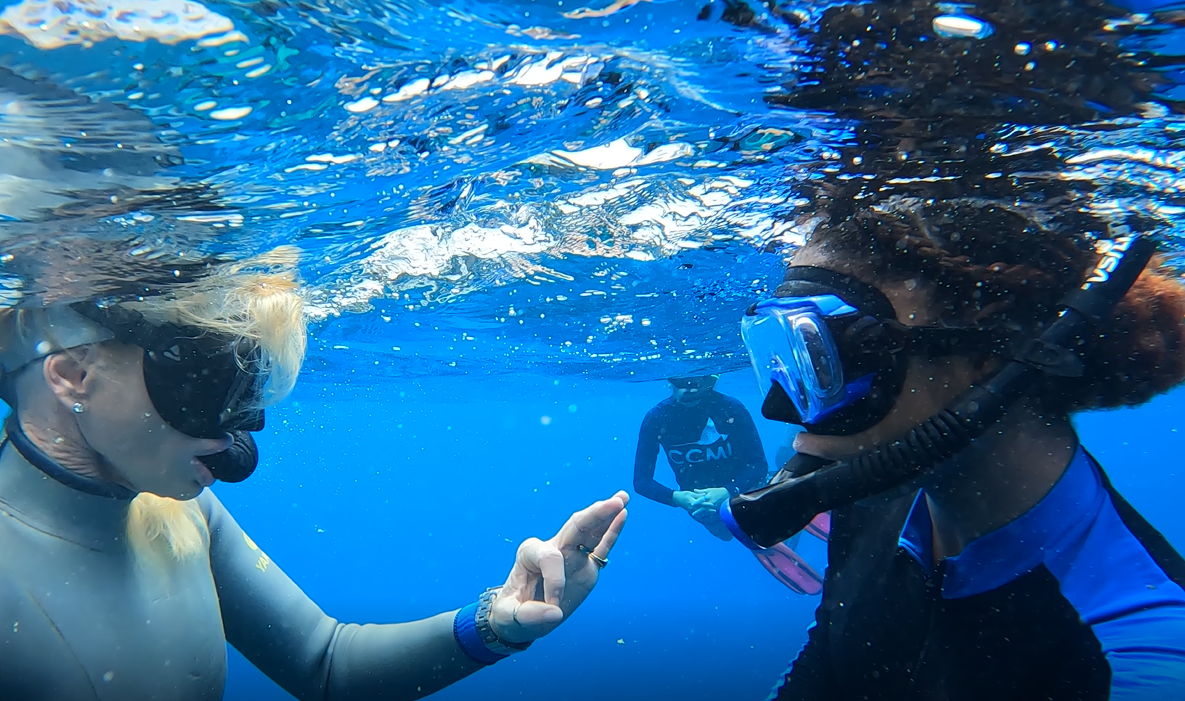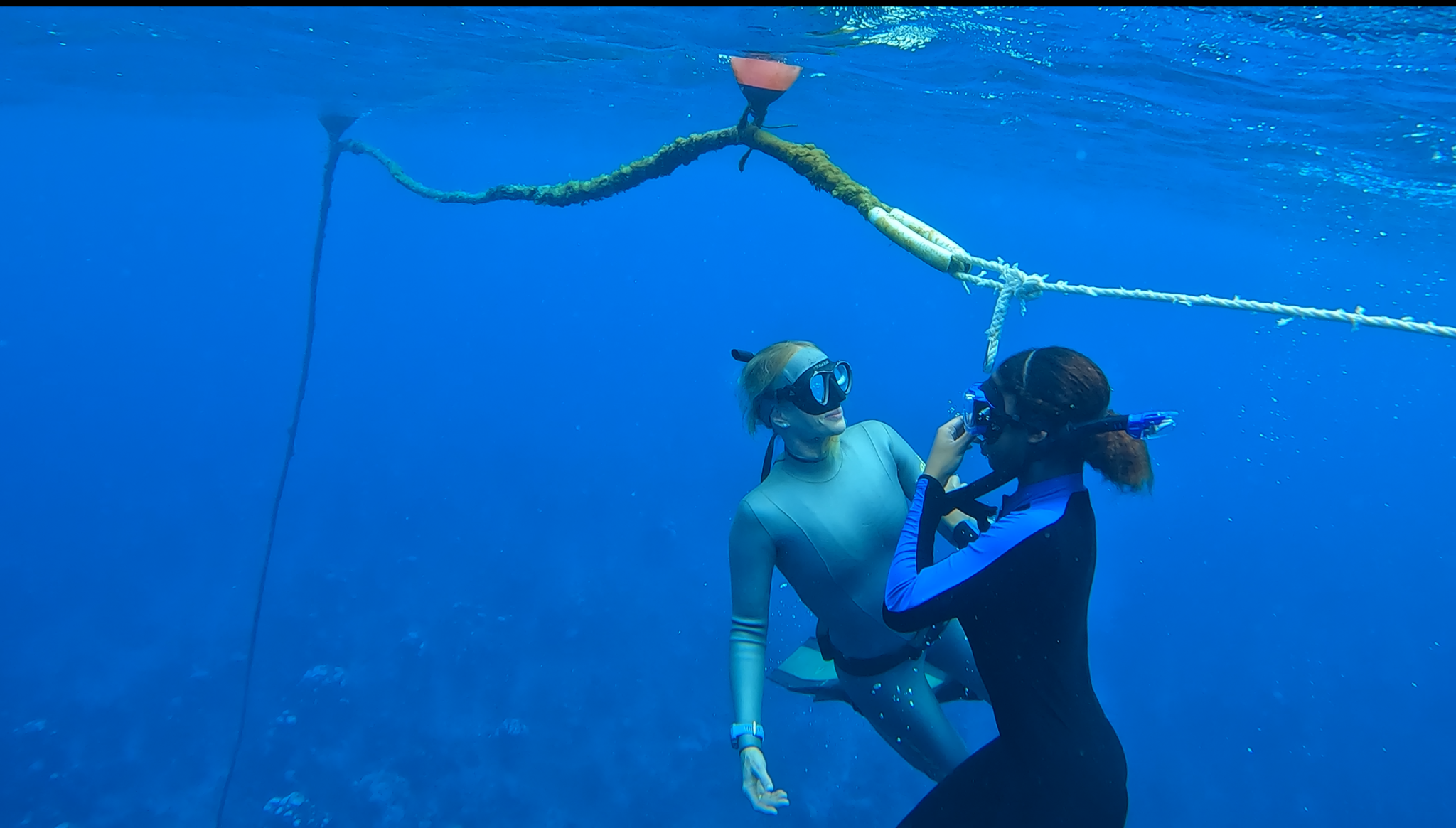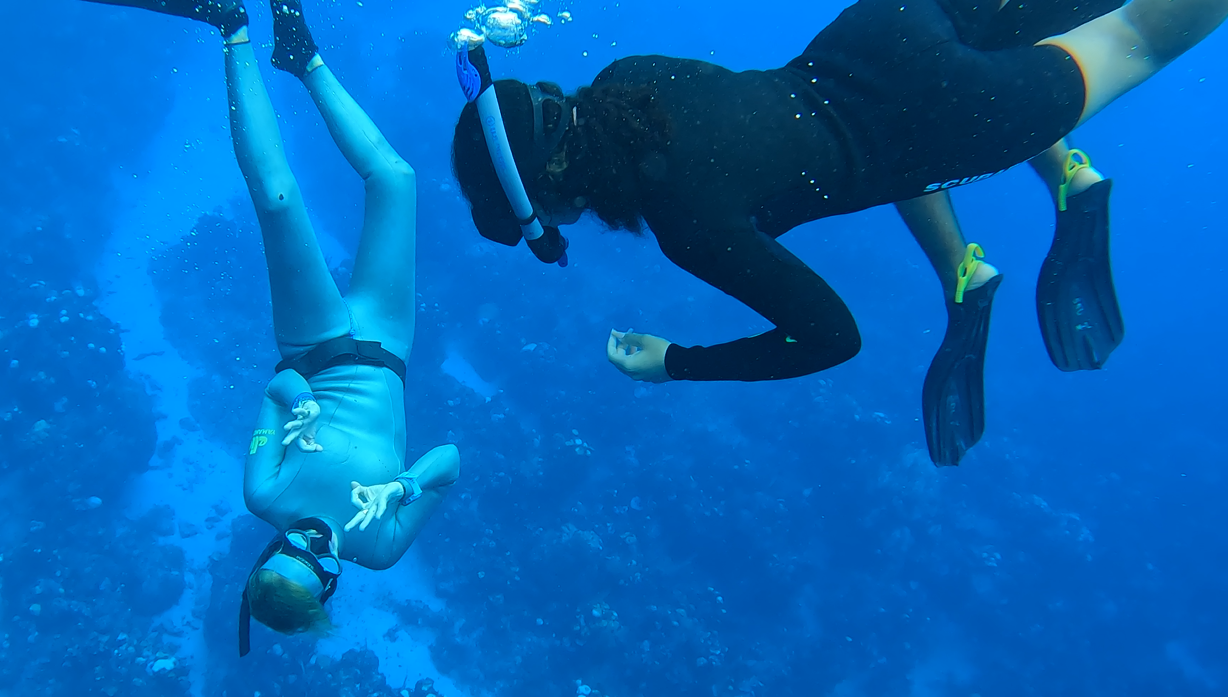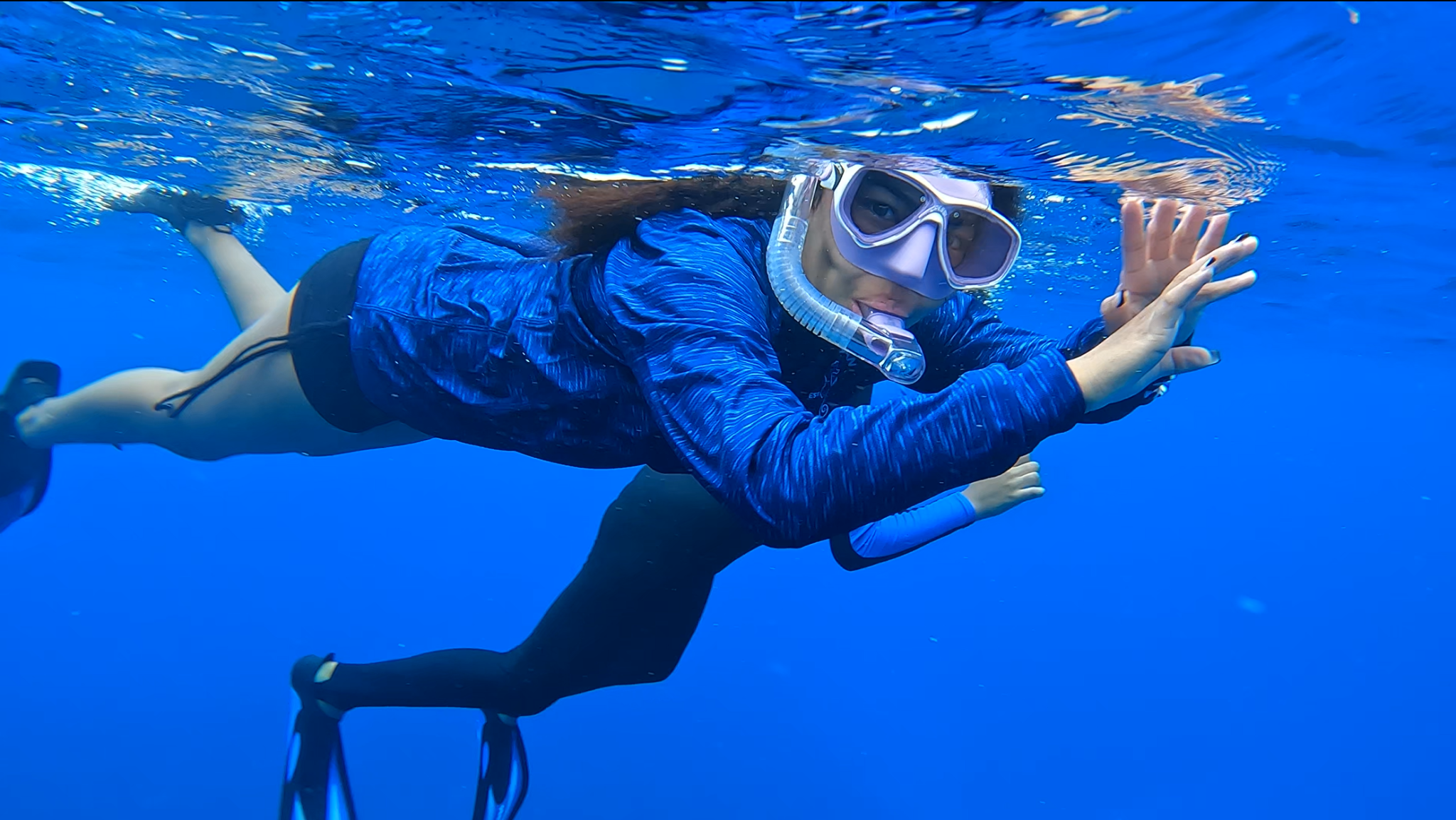Freediving Blogs
How learning to Freedive will improve your Scuba Diving
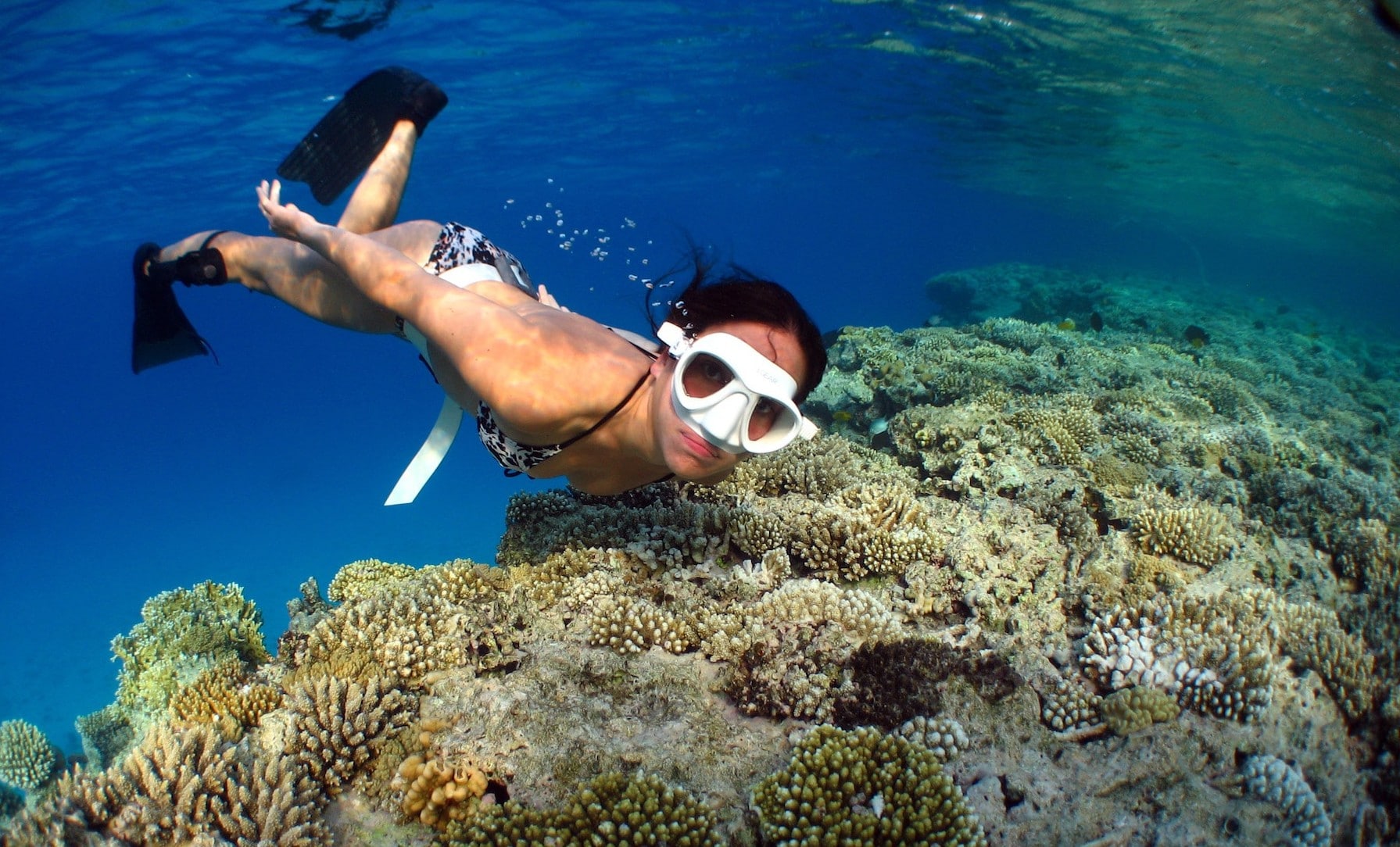
Want to learn to scuba dive? Top Freediving Instructor Emma Farrell tells us why you should learn to freedive first…
Scuba diving is incredibly popular, but have you ever thought about learning to freedive before you strap on that tank? Many people don’t realise that a freediving qualification can provide everything you need – from the basic techniques to advanced skills – to quickly and safely move on to become a trained, completely confident Scuba diver.
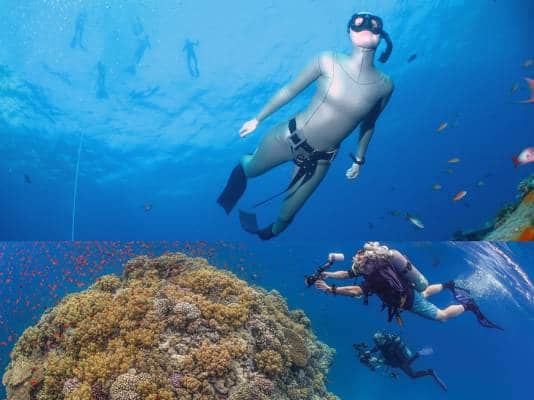
In the early years of Scuba diving a mandatory qualification as a ‘snorkel diver’ was necessary even before you learned to Scuba, and freediving was a technique that had to be learned as part of that qualification. This requirement was in place from the British Sub Aqua Club’s (BSAC) inception in 1953 until the early Eighties – during that three decade period you simply weren’t allowed to shrug on a tank otherwise. The ‘snorkel diver’ training meant people knew how to control their breathing, their movement in water, and were skilful yet safe at all times – the perfect grounding for their next step into Scuba diving.
Until 1984, when regulations and methods changed, snorkel diver training typically involved modules on body positioning, mask and snorkel work and basic finning techniques, usually in a local swimming pool which helped people feel safe in a controlled environment. A basic requirement was the ability to swim underwater – equipment-free – for a minimum of twenty-five metres, as well as swimming beneath the surface with weight belts. These were coupled with diving practise, treading water with arms held aloft, and the requirement to change into Scuba gear while at the bottom of the pool. These compulsory training techniques are no longer in place today but the British Sub Aqua Club encourages nascent divers to ensure they have plenty of snorkel training under their belt – which adds a healthy dollop of confidence, as well as knowledge of operating underwater – before they move on to Scuba.
So how does learning to freedive help you learn to scuba dive?
A confidence boost
Having confidence in yourself and your abilities while under the water is vitally important, and freediving can provide people with a huge amount of self-assurance. Learning to freedive will enable you to better understand your own body and how it works – and what it is capable of – while submerged. This all helps when you first Scuba dive as you will already be aware of various breathing techniques, the importance of buoyancy and weights, as well as correct finning methods – meaning your underwater experience is safer, more fun, and you will see faster progress as a fledgling scuba diver.
Breathing
Diving cylinders contain a finite amount of breathing air so learning about correct breathing methods and regulating your breath is important if you wish to prolong your dives and maximise the tank’s contents. Freediving is perfect for this: courses contain lots of input about breathing techniques, so by the time you strap on your first cylinder and are breathing through a regulator you will have the skills to make your dive last longer and, as you are relaxed and confident, be more enjoyable.
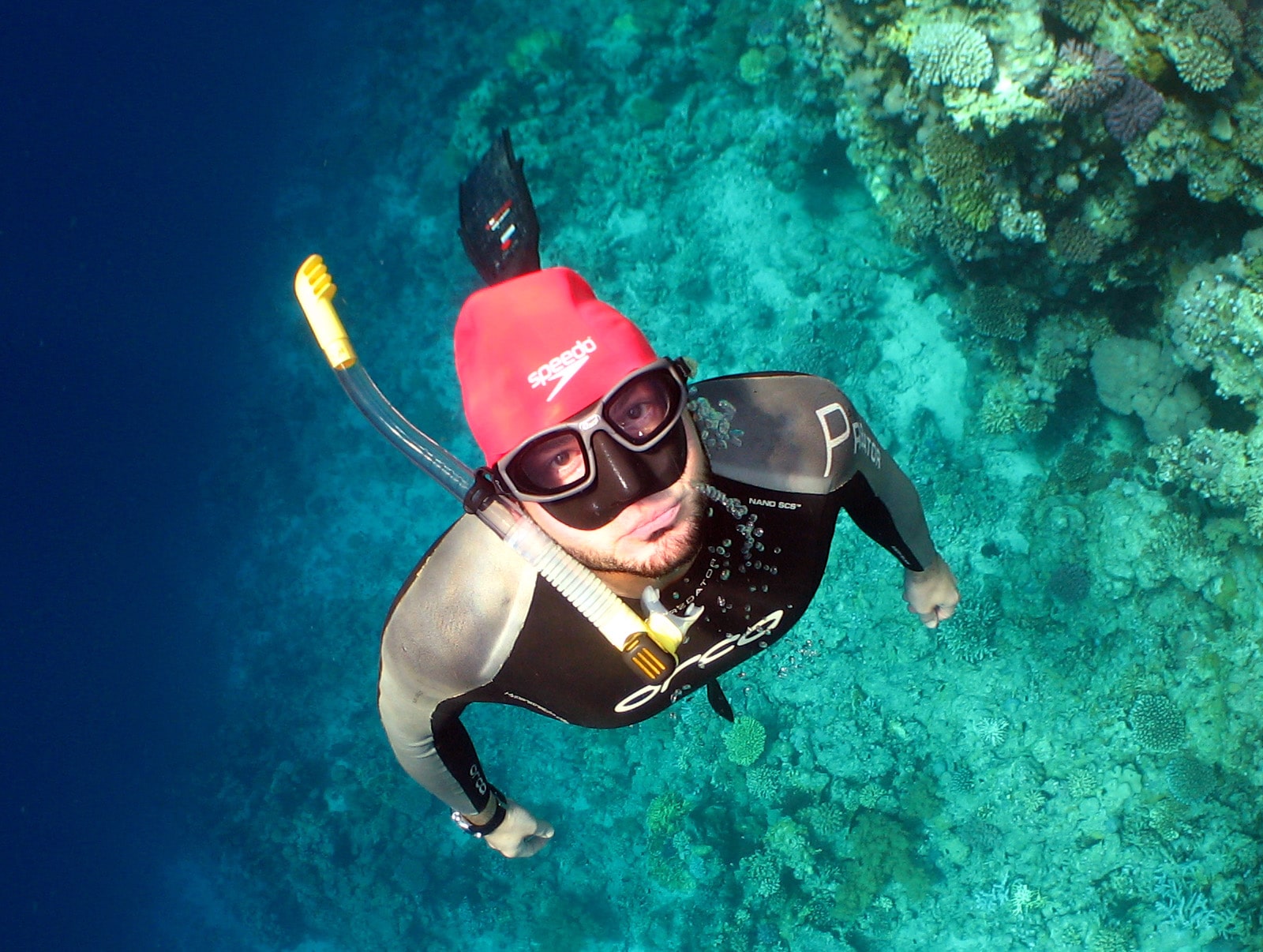
Photo: Simon Reid
Snorkels and masks
During scuba dive training you will learn about ‘mask clearing’ skills, which is essentially taking off your mask while underwater to clear water or debris. This is a basic but very important task and needs to be mastered – which is where freediving comes in. Freedive training involves lots of mask and snorkel techniques and use, but also includes a ‘mask off’ move, where you will remove your mask while still ten metres below the surface, and ascend the rest of the way without it. This method will instil confidence in your ability to clear your mask when you finally move on to scuba diving.
Finning
If you don’t want to waste lots of time, air and energy in the water then finning skills are a must, and for the first-time diver wearing fins can be an odd and occasionally troubling experience. You will find your legs having to do new things and work harder than you’re used to. Freediving can be a huge help with this – you will quickly discover how to fin effectively and confidently, which means you will move through the water while expending less energy, and also discover a lot about your body and how it operates while below the surface. These skills are easily transferable when you move to scuba diving, and will maximise the amount of air in your diving cylinder so you can spend more time underwater.
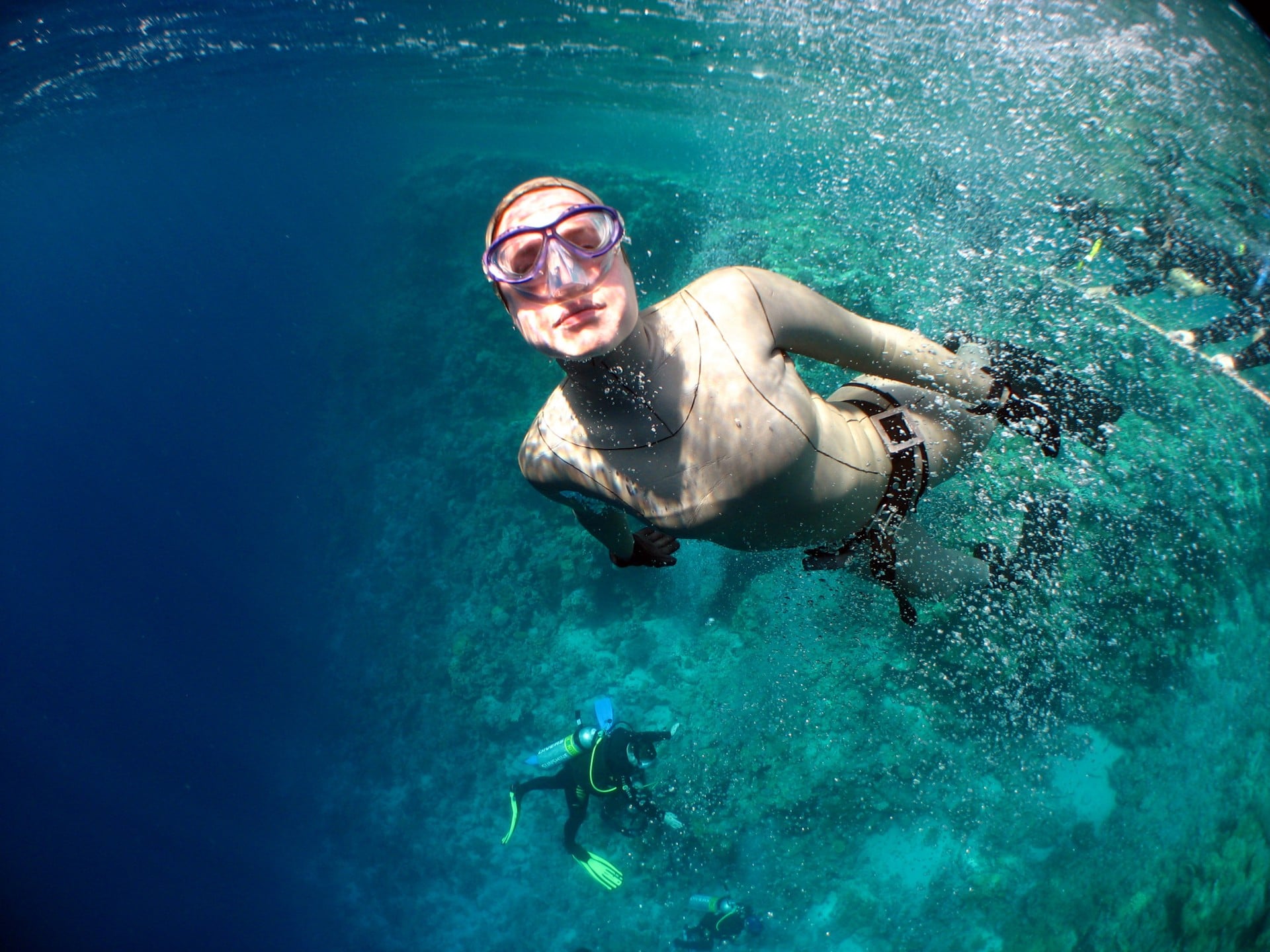
Photo: Simon Reid
Hydrodynamics
Moving your body through the water using the minimum of effort for maximum results is referred to as hydrodynamics. Poise, power, grace and effectiveness are key components, and freediving training teaches all of them – in short, using your body properly within the water so that a little movement goes a long way, especially when coupled with correct finning techniques. Learning about hydrodynamics and how to move in the water as a freediver means when you shift to scuba diving – where you can be loaded down with equipment – you will already know what is required to move through the water with ease.
Weights and buoyancy
Adding too much weight to your belt is one of the most common mistakes people make when they embark on their first scuba dive courses, and this is usually down to incorrect breathing techniques and poor regulation of breath. As mentioned above, knowing how to control your body and its buoyancy in the water is hugely important and will remove the need to drop more lead weights into the pouches on your belt or rig. Freedive training focuses heavily on this aspect of diving, so much so that when you switch to scuba diving the skills are already there. Coupled with correct hydrodynamic techniques and finning, the end result is less weights hanging off your body.
Find out more about free diving at www.gofreediving.co.uk
Blogs
Freediver Christian Redl Sets His 13th World Record at Lake Neufeld

Freediving champion Christian Redl achieved his 13th world record at Lake Neufeld together with his teammates by completing 55 dives of 20 meters with just one single breath each, a feat that in total is comparable to the depth of the Mariana Trench! Within 4 hours and 26 minutes out of a planned total of 5 hours, the project was made possible thanks to the support of Cressi, which supplied high-quality equipment to Redl and his fellow athletes.

Cressi, the official sponsor of the project, has been working with Redl since the beginning of his career, establishing a relationship that goes beyond simple collaboration and has become a true friendship over the years. Cressi’s support has been fundamental to the success of this venture and this highlights the reliability and innovation of its products.

The aim of the dives was not only to break a new record but also to raise awareness of the pollution of our planet’s waters, a subject dear to both Redl and Cressi.
It remains to be seen whether Redl will continue its record hunt, but one thing is certain: with Cressi’s support, each new challenge will be met with the utmost quality and determination.
Check out all the latest freediving equipment from Cressi here.
Blogs
CCMI alumni learn to freedive from world record holder Tanya Streeter
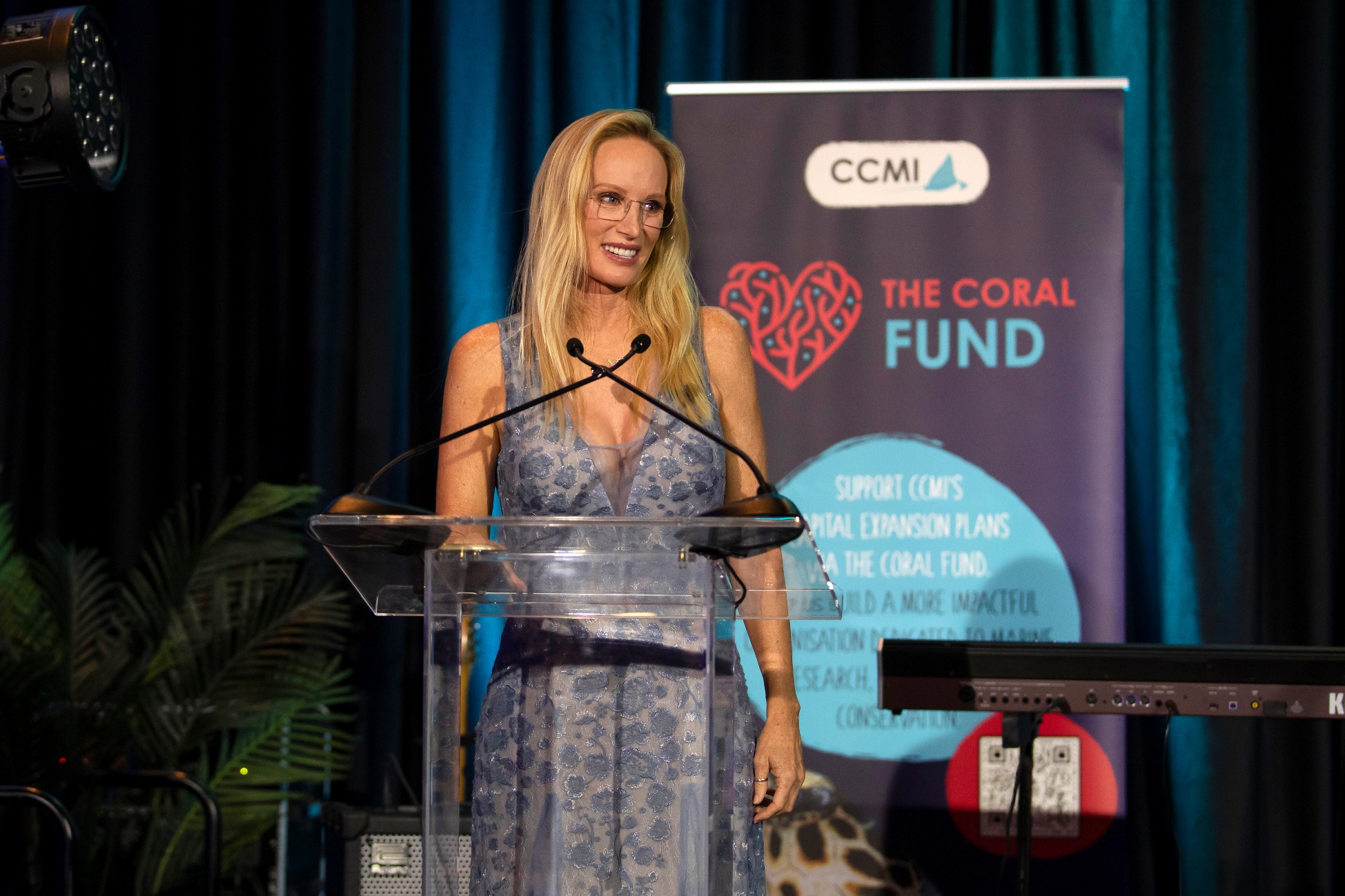
CCMI’s 25th anniversary celebrations included Tanya Streeter leading a freediving clinic for CCMI alumni, giving Festival of Seas keynote address
To help celebrate the 25th anniversary of the Central Caribbean Marine Institute (CCMI), the organisation enlisted the help of world record holding freediver and former Cayman resident Tanya Streeter. Invited to give the keynote speech at the annual Festival of Seas gala on 4 November 2023, Tanya eagerly agreed to also host a freediving clinic for young Caymanians who participated in education programmes at CCMI to give back to the Cayman community.
Returning to the island where she was born and raised, Tanya led a half-day freediving clinic at Sunset House with the support of Sunset Divers. CCMI education programme alumni were invited to register, and 11 Caymanians, ages 16-26 representing a span of 10 years of taking part in the range of CCMI education programmes, attended the clinic. Some of the alumni participated in more than one CCMI programme over the years, and several are now employed in a related industry in the Cayman Islands, a testament to the importance of CCMI’s scholarship opportunities for Caymanian students.
When asked what it meant to Tanya to host this freediving clinic in Grand Cayman, she said, “I cannot overstate what a huge personal impact it has on me to come back to have this opportunity to work with young Caymanians. They are associated with CCMI, so they know about the ocean and about how important ocean health is here for us. But to be able to connect with young people in a realm that I’m good at and is important to me, and to see them grow a little bit personally, is huge. It’s my absolute favourite thing to do!”
Called ‘the world’s most perfect athlete’ in 2002 by Sports Illustrated, Tanya discovered her record-breaking gift for freediving in 1997, and in the following decade broke 10 world records, many of them previously held by men. To this day, she still holds the longest-standing world record in the sport, having dived on a single breath to a depth of 525ft/160m in the No Limits discipline off the coast of the Turks and Caicos Islands in August 2002. If anyone is qualified to help others begin their journey into freediving, Tanya Streeter is at the top of the list.
The clinic started with a briefing and a meditation session, led by Tanya, to get the mind and body ready to freedive. Participants practiced meditation exercises, breathing techniques to help open the diaphragm and work the lungs and muscles, and important stretches. Next, Tanya gave an in-water safety briefing, which emphasized buddy pairs, proper in-water breathing techniques, and not pushing oneself too hard. In total the group spent about 90 minutes in the water in selected buddy pairs practicing freediving while under the watchful eye of CCMI’s in water safety teams. Tanya spent several moments with each freediver individually, observing them, and offering underwater support and topside coaching. After everyone had one-on-one coaching time with Tanya, the group snorkeled to the famous Sunset House mermaid statue, practicing their new, finely tuned freediving skills to dive to the mermaid (a depth of about 45-50 ft).
Before the clinic, participants had a wide range of skills and experiences in the water. Tanya provided one-on-one coaching, speaking to each person’s comfort level. One participant said it felt like it was only the two of them in the ocean. Tanya’s constructive corrections in the water helped participants realize instant success in their form and dives!
The following night, Tanya gave the keynote address to the more than 350 attendees at CCMI’s Festival of Seas gala at the Kimpton Seafire Resort & Spa. A passionate voice for the preservation of the marine environment, Tanya announced she would serve as a CCMI ambassador, focusing her energy on engaging the youth and young people in efforts to protect the ocean. She left attendees with the realization that the connection we have with the ocean is meaningful, and it paves the way to create protections and policies that will sustain the marine environment for the future.
While Tanya enjoys using her platform to communicate about the importance of marine conservation, she is very passionate about working with youth and introducing them to the ocean through freediving. “To see those barriers people are facing and to push through and grow even in a hour, and hour and a half. That’s huge. It’s absolutely my favourite thing to do.”
For more information about CCMI, please visit www.reefresearch.org.
About CCMI
CCMI is a not-for-profit organization founded in 1998 to protect the future of coral reefs, envisioning a world with vibrant oceans and healthy coral reef ecosystems. We seek to be the Caribbean’s premier marine research institute by delivering cutting edge research, transforming conservation strategy and developing education programmes of excellence – discovering and promoting real solutions to declining ocean health. Our plan is to invigorate key species and understand key ocean processes that drive reef resilience. We support early career scientists who are INNOVATING ways to improve coral reef health. We are TRANSFORMING conservation strategy and work to inspire the CHANGE that is needed to achieve our mission. CCMI are PIONEERS in the region working to reverse the declines of coral reefs.
-

 News2 months ago
News2 months agoIconic SS United States to become the World’s Largest Artificial Reef
-

 News3 months ago
News3 months agoBook Review – 52 Assignments: Underwater Photography
-

 Gear News3 months ago
Gear News3 months agoDYNAMICNORD – New German diving brand enters the British market
-

 News3 months ago
News3 months agoExploring Cenote El Pit: A Diver’s Dream
-

 Gear News3 months ago
Gear News3 months agoTry BARE drysuits (and maybe even win one!) this Friday with Sea & Sea at North West Dive Fest
-

 Marine Life & Conservation3 months ago
Marine Life & Conservation3 months agoBook Review: Coral Triangle Cameos
-

 Blogs2 months ago
Blogs2 months agoDive the Egyptian Red Sea this Autumn with Regaldive
-

 News3 months ago
News3 months ago2024 Ocean Art Underwater Photo Competition Announced















